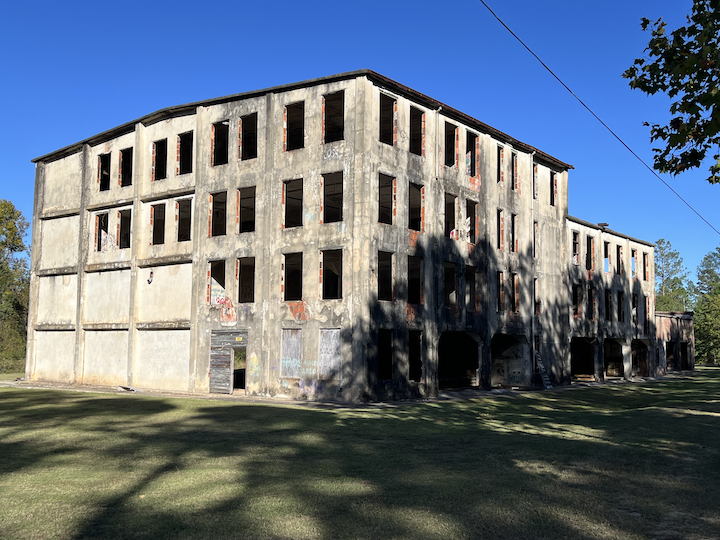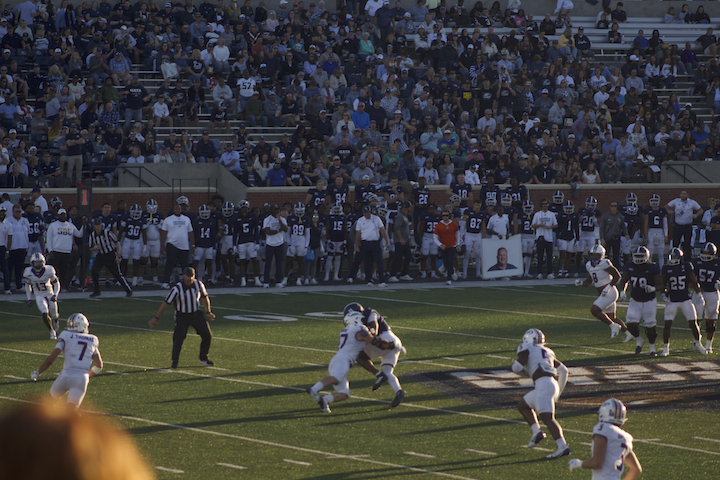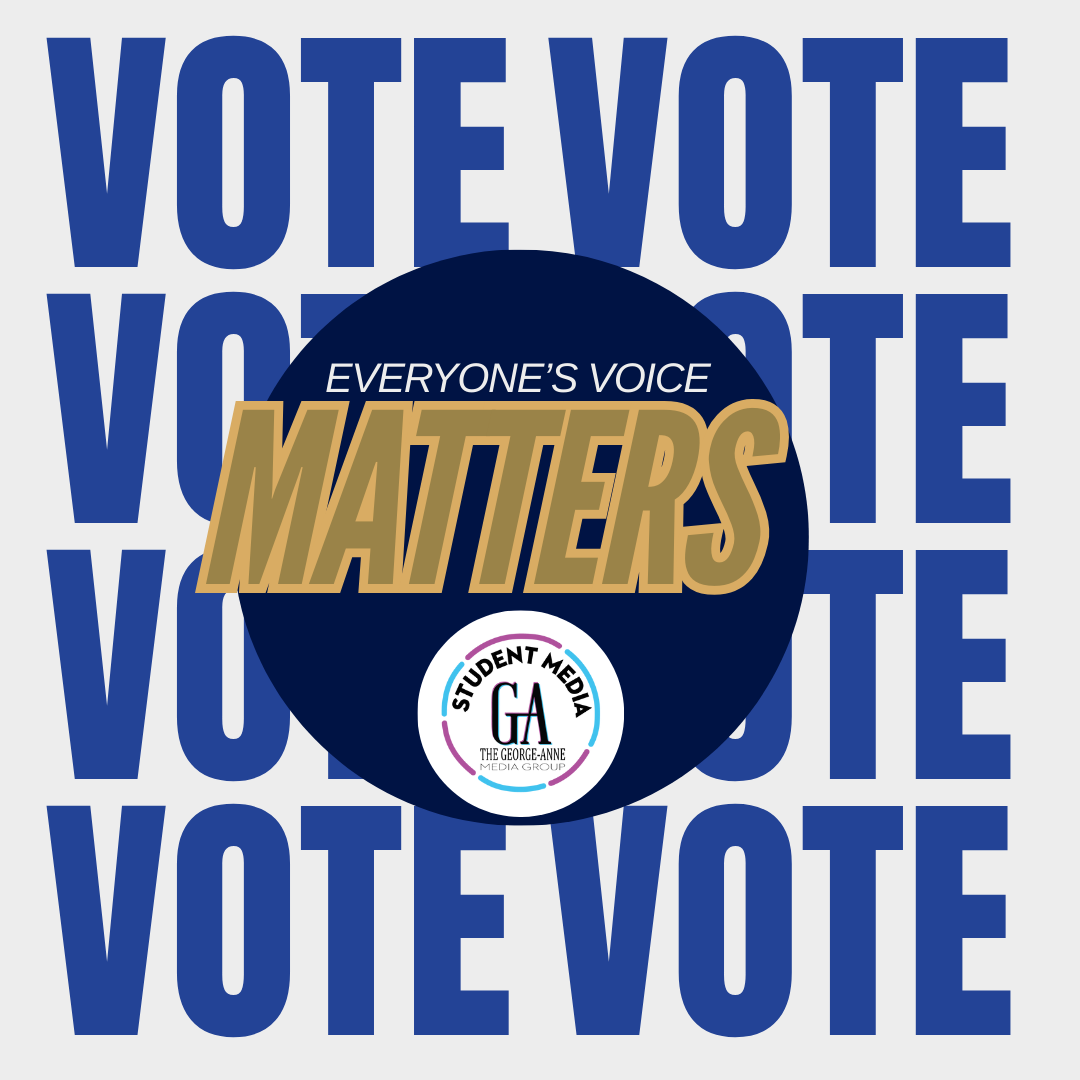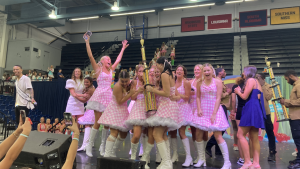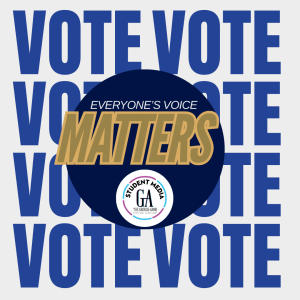Professors and Future Teachers Tackle Censorship
January 27, 2015
Dr. Caren Town, english professor, is worried about censorship in the classroom. While college professors experience a large amount of academic freedom, the same cannot always be said for middle and high school teachers who may want to introduce their students to controversial subjects.
This Tuesday, she will address students and faculty on the dangers of censorship in young adult fiction, as part of the College of Liberal Arts and Social Sciences’ Great Minds lecture series.
One of the books Town uses as an example in her talk, “The Absolutely True Diary of a Part-Time Indian” by Sherman Alexie, was the third most challenged book of 2013, according to the American Library Association.
Racism, language, sexual references and portrayal of gay and lesbian characters are some of the most common reasons a book gets challenged or banned, Town said.
“We need not to be afraid of these books. Books are a wonderful way for young people to rehearse what’s going to happen to them in life, and if we prevent them from doing that, it’s almost like you throw somebody in the pool without teaching them how to swim,” Town said.
Swimming and teaching
Abran Cruz is a junior English major and is currently enrolled in Town’s adolescent literature class. He plans to be a high school literature teacher, and has every intention of teaching what is currently considered controversial subject matter in his classroom.
“Personally, I will fight tooth and nail to teach at least one type of controversial novel that goes against the social grain or rubs the public school system the wrong way,” Cruz said. “A lot of the literature that is available can be very insightful and very helpful to adolescents, especially because they deal with topics that they are going to inevitably encounter later in life.”
Town said she has hope for the newest generation of teachers, who are often braver and more willing to court controversy than some who came before them. Others would like to tackle similar subject matter in their classrooms, but are worried about the reaction.
To combat this, Town said she tries to arm her students with techniques to help them succeed.
“If you give them strategies for how to fight censorship, then they feel a lot more confident,” Town said.
Cruz plans to make sure he does all he can to prepare his students for the real world, and literature is a great tool for doing that, he said.
“In my opinion, the public school system is doing them a disadvantage by shielding them or sheltering them from these types of topics,” Cruz said. “By allowing them to view one side of a topic from a selected perspective, they’re either intentionally or unintentionally propagating whatever prejudiced mentality is at hand.”
Without a life raft
College often provides an opportunity for young adults to expand their horizons, Town said. But if students have not been exposed to controversial ideas and diverse people before then, it can make adjusting difficult.
“My argument is if they’ve had some exposure to that earlier on, they’re going to be better ready to come to school here and better able to fit in with people who are nothing like them,” Town said.
Town is working on a research project with several of her colleagues to determine whether reading books about people different from the reader will make a person more empathetic. Currently, the results show that it does.
Town explained that aside from helping young adults understand others, it is important for them to find and read about representations of themselves. This is most important particularly if they belong to a minority group of some sort, whether it be racial, religious, or sexual minority.
“Books are a great, safe way to teach them how to navigate the world without having to experience all the awful things that the characters experience in the book,” Town said. “You want to let students practice with life . . . and you want them to learn that they’re not alone.”


